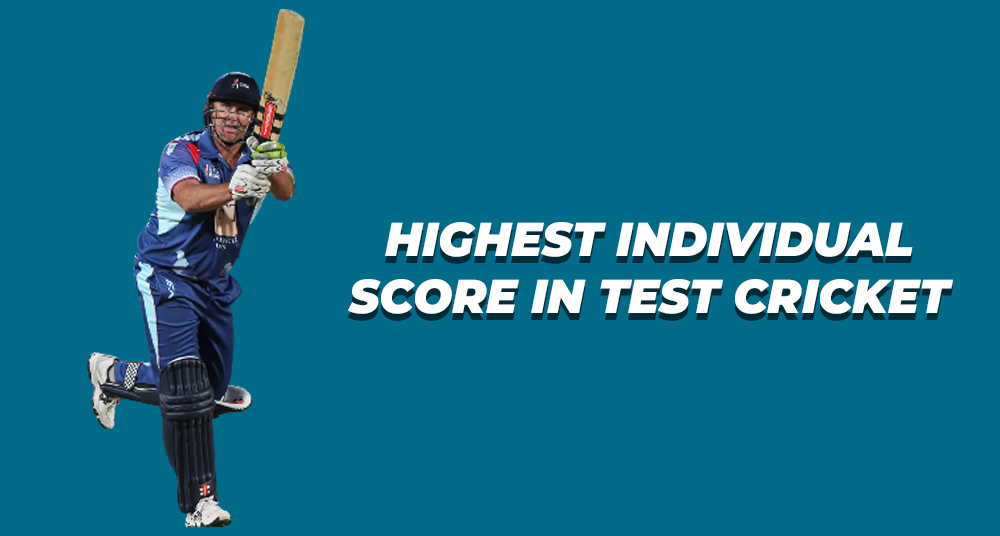When it comes to legendary feats in the game, the Highest Individual Score in Test Cricket stands as one of the most iconic records in the sport’s history. Achieved through hours of concentration, flawless technique, and immense stamina, this record is more than just a number — it’s a symbol of batting greatness.
While many players have etched their names into the record books, only a few have dared to scale the monumental peak of a triple or even quadruple century in the five-day format. In this blog, we dive deep into the story behind this incredible achievement and explore the top individual performances that continue to inspire cricket fans worldwide.
Top 15 Highest Individual Scores in Test Cricket
| Player | Score | Balls | Team | Opponent |
| Brian Lara | 400* | 582 | West Indies | England |
| Matthew Hayden | 380 | 437 | Australia | Zimbabwe |
| Brian Lara | 375 | 538 | West Indies | England |
| Mahela Jayawardene | 374 | 572 | Sri Lanka | South Africa |
| PWA Mulder | 367* | 334 | South Africa | Zimbabwe |
| Garry Sobers | 365* | – | West Indies | Pakistan |
| Len Hutton | 364 | 847 | England | Australia |
| Sanath Jayasuriya | 340 | 578 | Sri Lanka | India |
| Hanif Mohammad | 337 | – | Pakistan | West Indies |
| Wally Hammond | 336* | – | England | New Zealand |
| David Warner | 335* | 418 | Australia | Pakistan |
| Mark Taylor | 334* | 564 | Australia | Pakistan |
| Don Bradman | 334 | 448 | Australia | England |
| Graham Gooch | 333 | 485 | England | India |
| Chris Gayle | 333 | 437 | West Indies | Sri Lanka |
Brian Lara – The King of Test Batting Brilliance
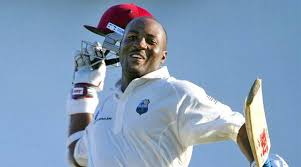
When you talk about the Highest Individual Score in Test Cricket, one name immediately comes to mind — Brian Charles Lara. Facing 582 deliveries over nearly 13 hours, Lara’s innings was a masterclass in patience, precision, and strokeplay. What makes this feat even more astonishing is that Lara had already held the previous record of 375, also against England at the same venue a decade earlier. With 43 fours and 4 sixes, Lara not only reclaimed his throne but also became the first and only player in history to score 400* in a Test match — a record that still stands unchallenged in 2025.
| Statistic | Value |
| Runs Scored | 400* (not out) |
| Balls Faced | 582 |
| Fours | 43 |
| Sixes | 4 |
| Strike Rate | 68.72 |
| Venue | St John’s, Antigua |
| Opponent | England |
| Match Date | 10 April 2004 (Test #1696) |
Matthew Hayden
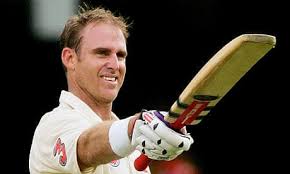
| Statistic | Value |
| Runs Scored | 380 |
| Balls Faced | 437 |
| Fours | 38 |
| Sixes | 11 |
| Strike Rate | 86.95 |
| Venue | W.A.C.A., Perth |
| Opponent | Zimbabwe |
| Match Date | 9 October 2003 (Test #1661) |
Before Brian Lara reclaimed his crown in 2004, it was Australia’s Matthew Hayden who briefly held the record for the Highest Individual Score in Test Cricket. In October 2003, at the W.A.C.A. Ground in Perth, Hayden demolished Zimbabwe’s bowling attack with a ferocious 380-run innings. His knock came off just 437 balls, laced with 38 boundaries and 11 towering sixes, at a blistering strike rate of 86.95. It was a breathtaking mix of brute strength and elegant strokeplay — a reflection of Hayden’s dominance at the top of the order. His 380 surpassed Brian Lara’s previous record of 375 and set a new benchmark, albeit for just six months. Though short-lived, Hayden’s innings remains one of the most aggressive and imposing ever witnessed in the history of Test cricket.
Mahela Jayawardene
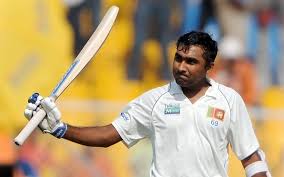
| Statistic | Value |
| Runs Scored | 374 |
| Balls Faced | 572 |
| Fours | 43 |
| Sixes | 1 |
| Strike Rate | 65.38 |
| Venue | Colombo (SSC), Sri Lanka |
| Opponent | South Africa |
| Match Date | 27 July 2006 (Test #1810) |
In July 2006, at the SSC Ground in Colombo, Mahela Jayawardene played a truly monumental innings that stands among the greatest in Test cricket. Facing a strong South African bowling lineup, he amassed a stunning 374 runs, marking the highest individual score by a Sri Lankan in the format. His marathon knock lasted 572 deliveries and featured 43 fours and a six. Alongside Kumar Sangakkara, Jayawardene stitched together a 624-run stand, which remains the highest partnership for any wicket in Test history. Blending composure, patience, and textbook technique, his 374 not only secured a commanding lead for Sri Lanka but also etched his name into cricket’s record books as the fourth-highest scorer in a single Test innings.
Garry Sobers – A Record for the Ages: 365 vs Pakistan
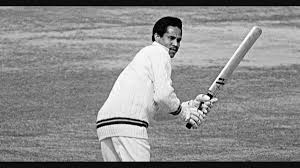
| Statistic | Value |
| Runs Scored | 365* (not out) |
| Balls Faced | Not recorded |
| Fours | 38 |
| Sixes | – |
| Strike Rate | Not recorded |
| Venue | Kingston, Jamaica |
| Opponent | Pakistan |
| Match Date | 26 February 1958 (Test #450) |
Long before the era of aggressive strokeplay and flat pitches, Sir Garry Sobers delivered an unforgettable performance that stood as the Highest Individual Score in Test Cricket for over 36 years. In February 1958, at Kingston, Jamaica, the 21-year-old left-hander scored a majestic 365 not out against Pakistan. Displaying immense maturity, concentration, and flair, Sobers’ innings included 38 boundaries and came at a time when scoring big runs was far more challenging. He surpassed Sir Len Hutton’s record of 364 and remained unbeaten, guiding West Indies to a massive total. His elegant strokeplay and ability to occupy the crease made this innings one of the most celebrated moments in Test history — a knock that defined greatness for generations to come.
Len Hutton – The English Epic: 364 vs Australia
| Statistic | Value |
| Runs Scored | 364 |
| Balls Faced | 847 |
| Fours | 35 |
| Sixes | – |
| Strike Rate | 42.97 |
| Venue | The Oval, London |
| Opponent | Australia |
| Match Date | 20 August 1938 (Test #266) |
It was at The Oval in late summer 1938 when Len Hutton, just 21 years old, took on Australia and carved out a masterpiece of patience and precision. Facing arch-rivals Australia, the young Englishman batted with unwavering discipline and technique to score a colossal 364 runs. His innings came off an astonishing 847 deliveries — a record for the most balls faced in a Test innings — and included 35 fours. Hutton’s performance powered England to a then-record team total of 903/7 declared and helped secure an innings victory. At the time, his 364 was the Highest Individual Score in Test Cricket, breaking Don Bradman’s 334, and it remained unbeaten until Garry Sobers surpassed it in 1958. Hutton’s knock remains a shining example of traditional Test match grit and endurance.
Read More: Narendra Modi Stadium Highest Score
Conclusion
The Highest Individual Scores in Test Cricket remind us of what makes the format so special — long battles, strategic brilliance, and sheer willpower. Whether it’s Lara’s flawless 400* or Hayden’s aggressive 380, these innings have earned their place in cricketing folklore. As the next generation takes the crease, fans around the world will watch eagerly — waiting for the next name to rise on this legendary list.
Frequently Asked Questions (FAQs)
Q1. Who holds the highest individual score in Test cricket history?
A: Brian Lara created history in 2004 by scoring an unbeaten 400 for West Indies against England, which remains the top individual score in Test cricket.
Q2. Has any player scored more than 400 runs in a Test match?
A: No, Brian Lara is the only player to have scored 400* in a single Test innings. His record remains unbeaten since 2004.
Q3. Who was the first player to score a triple century in Test cricket?
A: Andy Sandham of England was the first to score a triple century in Test cricket, making 325 runs against the West Indies in 1930.
Q4. How rare is it for a batter to score 300 or more runs in a single Test innings?
A: As of 2025, more than 30 players have scored 300+ runs in a single Test innings, with several achieving it multiple times.
Q5. Which Indian player has the highest individual score in Test cricket?
A: The record for the highest Test score by an Indian player belongs to Virender Sehwag, who hammered 319 runs versus South Africa in Chennai during 2008.
Q6. Can someone break Brian Lara’s 400 in modern-day cricket?*
A: While it’s possible due to improved pitches and aggressive batting styles, scoring 400 in Tests still requires incredible endurance, making it a very difficult feat to replicate.

